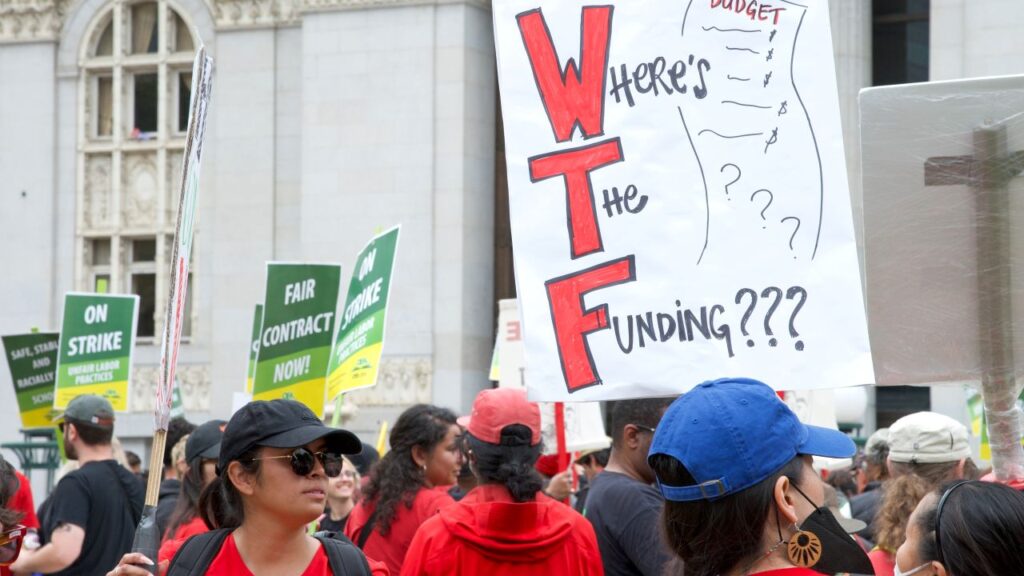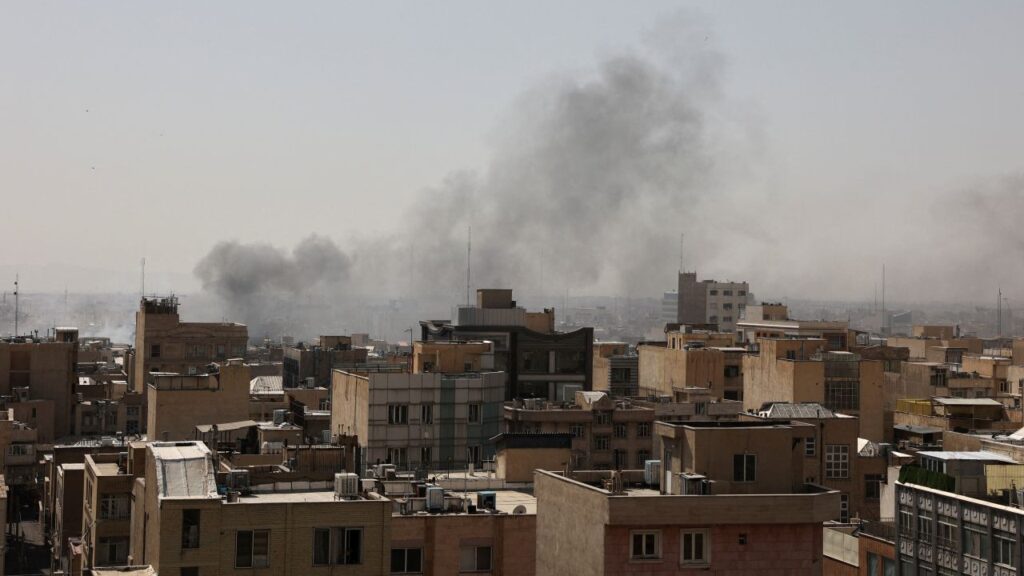Share
November 3 is filled with many elections many of us have not heard of. Unbeknownst to many, some voters will pick five new members of the Board of Directors of the Westlands Water District.
GV Wire℠ had a chance to speak with two of those running for seats by Zoom on Thursday.
Both offered insights into how Westlands can change its reputation, how farmers can change their approach, and what their biggest adversaries are in the fight for water.
National Security Issue

“As a former Marine, I understand the importance of being able to provide supplies to yourself. If we rely on foreign countries for our food, we become vulnerable.”– William Bourdeau
“I believe farming is a necessity for a variety of reasons. For national security reasons,” says William Bourdeau, Westlands director and vice president of Harris Farms, “As a former Marine, I understand the importance of being able to provide supplies to yourself. If we rely on foreign countries for our food, we become vulnerable.”
“I think we need to educate the population. The large metropolitan population areas, I think, have a misunderstanding of Westlands and its contribution to society,” explains Bourdeau.
Westlands already does this is by bringing people out and literally putting boots on the ground. Westlands hosts interactive tours of the west side and participates in several community events.
Biological Opinion Challenged

“We have to look beyond legislation and legal change, and look toward things like recharge, groundwater banking, infrastructure, and working with other districts for opportunities in wet years to store water.”–Kevin Assemi
In February, California Attorney General Xavier Becerra, the California Natural Resources Agency, and the California Environmental Protection Agency filed a lawsuit against the Trump Administration for failing to protect endangered fish species from federal water export operations.
Kevin Assemi, Maricopa Orchards CEO and Westlands Water District Advisory Committee member is looking beyond some of the past water fights, and into the future with more solutions. “We have to look beyond legislation and legal change, and look toward things like recharge, groundwater banking, infrastructure, and working with other districts for opportunities in wet years to store water,” says Assemi.
Becerra’s lawsuit asserts that biological opinions prepared by federal agencies under the Endangered Species Act to direct water project operations lack safeguards for protected species and their habitat in the Sacramento and San Joaquin River watersheds, including the Bay-Delta. Filed in the U.S. District Court for the Northern District of California, the lawsuit requests that the court declare the Trump Administration’s adoption of the biological opinions unlawful.
Bourdeau says he has no problem protecting the environment, but there needs to be some middle ground.
“I do think we should conserve. I do think we should put water to its best and highest use,” says Bourdeau. “But I also think that we need to make sure that if we are diverting water for environmental purposes that we actually get a return on that investment. I think they (environmental interests) should be held accountable just like we are.”
Sustainable Groundwater Management Act
A new era of groundwater management began in 2014 with the passage of the Sustainable Groundwater Management Act (SGMA), which aims for local and regional agencies to develop and implement sustainable groundwater management plans with the state as the backstop.
“We do need to make significant investments to make sure we have a vibrant and very reliable water supply,” says Bourdeau.
Most farmers agree that SGMA will lead to the loss of farmland, especially in the areas where there is no reliable surface water.
That’s why those in the farming community are looking at doing things differently.
“If you have storage of recharge and storage of groundwater and groundwater banking, you have more certainty of how much water you’re going to have,” says Assemi. “Right now there is so much uncertainty and we need to provide predictability to growers. From year to year, growers have very little predictability on how much water they’re going to have, and how much it’s going to cost.”
Bourdeau sees the future as being a mix of water recharge basins, water banks, and more. “Westlands water district uses drip irrigation. We’ve spent billions of dollars in making sure that water is not wasted.”
Biggest Adversary
Bourdeau says the biggest adversary facing Westlands is the Natural Resource Defense Council based in San Francisco. “I do not think the negative portrayal of Westlands is accurate,” said Bourdeau.
GV Wire℠ asked if there’s any hope of finding common ground with the NRDC. “I testified before Congress and Jared Huffman who was a former NRDC employee chaired the meeting. We had a good discussion and he treated me fairly. But, we disagree on lots of things,” explained Bourdeau.
Bourdeau also thinks more time needs to be spent in Sacramento talking with policy makers about why it’s important to keep a healthy farming ecosystem south of the delta.
“We have opponents and adversaries that have misled the public in the past,” according to Bourdeau. “Years ago maybe there was good reason for some challenges in mistakes that were made but those have been rectified and I think our contribution is wonderful.”




















